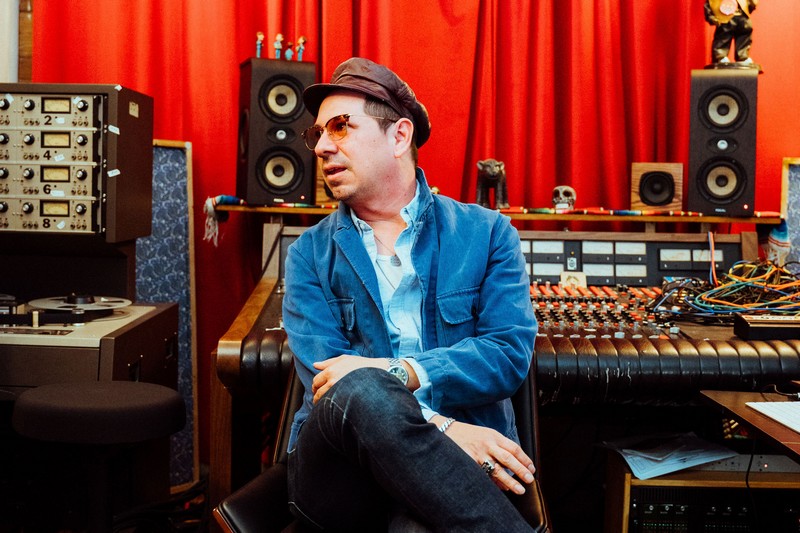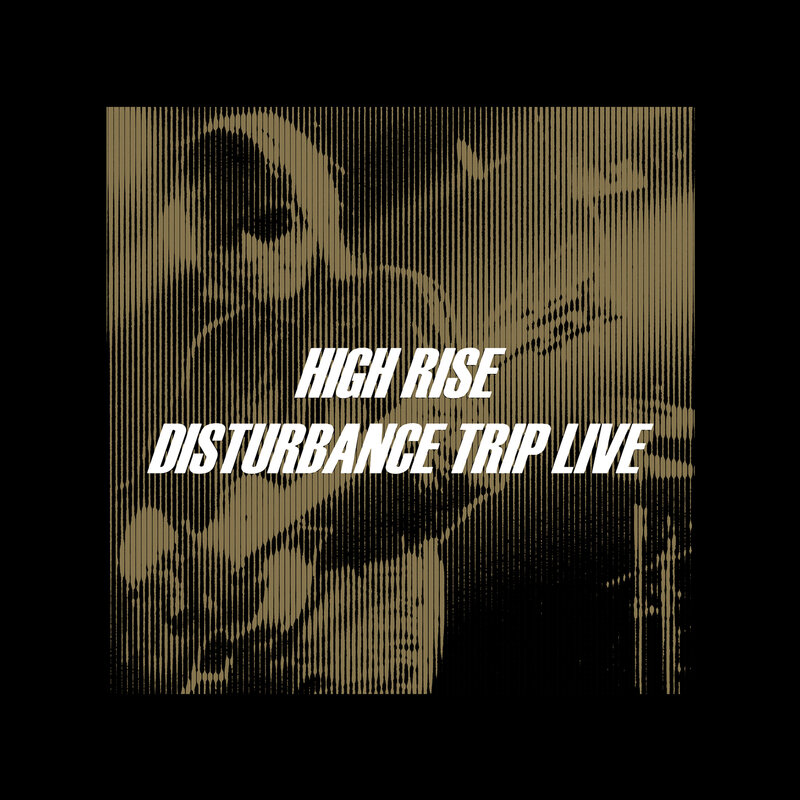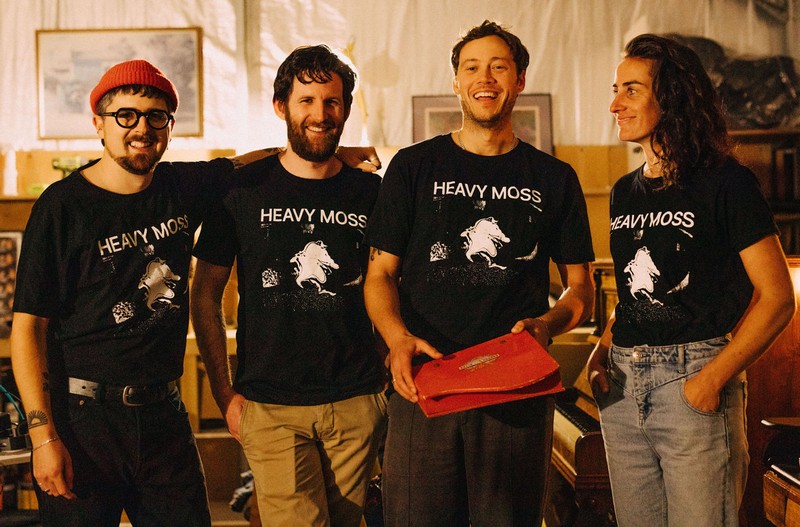Our selection of the best new music across a range of genres from the week ending 18 November 2022.
Adrian Quesada had many unexpected guiding lights for his new album, Jaguar Sound. The groovy soundtrack to a long lost memory is equal parts 70s psych-pop and head-nodding soul grooves, but when fantasizing about the project during the early days of COVID, he found himself gravitating to the dusty loops and sample-based weed jams of legendary rap producer The Alchemist and the mesmerizing full band compositions of Italian film scores from the 70s. For fans of Quesada’s early 2022 ode to Latin psych-soul, Boleros Psicodélicos, or his work with Austin neo-funk outfit Black Pumas, the interpolation of hip-hop ideas and movie cues is in line with his philosophy as an artist, and on Jaguar Sound, the disparate styles become inextricably linked as different accents of a common language.
2020’s acclaimed album Fading, from the pioneering German electronic artist Stefan Betke – a.k.a. Pole – was about coping with dementia and the loss of memory over time. Betke’s follow up, Tempus, is an album that considers the connection between the past, present and future. It’s a natural topic to explore, not only because of the connection it clearly has with the themes explored on Fading, but because all of Pole’s work has an interconnectedness that spans past, present, and future. While each Pole album – his catalogue glides across ambient, dub, jazz, glitch, and electronica – is distinctly singular in its own right, the albums are part of an ongoing evolution that link as much to history as they do to the future.
Nonesuch Records has released the first recordings of Steve Reich’s Runner (2016) and Music for Ensemble and Orchestra (2018), performed by the Los Angeles Philharmonic and conducted by Susanna Mälkki. Reich says Runner is written “for a large ensemble of winds, percussion, pianos, and strings. While the tempo remains more or less constant, there are five movements, played without pause, that are based on different note durations. First, even sixteenths, then irregularly accented eighths, then a very slowed-down version of the standard bell pattern from Ghana in quarters, fourth a return to the irregularly accented eighths, and finally a return to the sixteenths but now played as pulses by the winds for as long as a breath will comfortably sustain them. The title was suggested by the rapid opening and my awareness that, like a runner, I would have to pace the piece to reach a successful conclusion.”
Field School is the new solo project of Charles Bert, who made his mark in Math and Physics Club, the Seattle indie pop combo that set the bar for sugar rush melodies and chiming guitar perfection. Field School’s debut LP When Summer Comes is a self-made tableau of vivid guitars, eclair-rich vocals, and proactive wondering. It is a treasury of reflections on happiness and loss, and how, like seasons, they pass and return.
Ben LaMar Gay is a composer, multi-instrumentalist, singer, poet, and patently eclectic polymath who Afropunk has called “strikingly original,” Pitchfork has called “uncategorizable,” and Jeff Parker has called “hands down, one of my favorite musicians on the planet today.” He channels a radical array of sound, color, and space through the universal language of folklore; but despite the widely attributed genius of his work, his artistic approach and general demeanor are characterized by an endearing humbleness and warm humanity. His new album, Certain Reveries, is out now.
Saxophonist Dave O’Higgins & guitarist Rob Luft now present their 2nd co-led recording three years after O’Higgins & Luft Play Monk & Trane. Where the first album clearly did what it says on the tin, Pluto, as the title suggests, comes from another place. Seven of the nine songs are originals, and the remaining two are Monk & Trane hits from the 40-plus date tour in 2019 that evolved on the road. The sonority has changed a little, too, with the Hammond organ of before replaced with piano and bass. This is straight-ahead modern jazz in the African-American tradition, clearly coming from the Monk and Trane lineage, but not bound to emulating it.
Year of the Dark Horse, the new album from The White Buffalo, is out now on Snakefarm Records. The 10-track album was recorded at Neon Cross studio in Nashville with producer Jay Joyce (Eric Church, Brothers Osbourne, Fidlar). The album is based around the shifting of the seasons paralleled with the shifting of a relationship. Smith’s evocative storytelling and emotionally weighted songs allow the imagination of the listener to play an important part throughout; the music builds on a tale of debauchery (of the drunken variety) and blame, of love and loss, a life lived against the odds, the whole thing set in one lunar year, following our anti-hero through the highs and lows of the seasons.
Other reviews you might enjoy:
- New music round-up (for w/e 17 June 2022)
- New music round-up (for w/e 29 September 2023)
- New music round-up (for w/e 26 November 2021)

David Edwards is the former editor of The Blurb and a contributor on film and television





